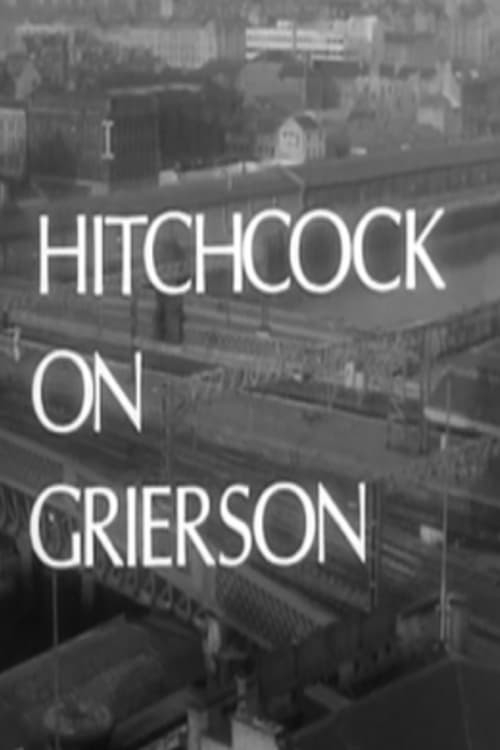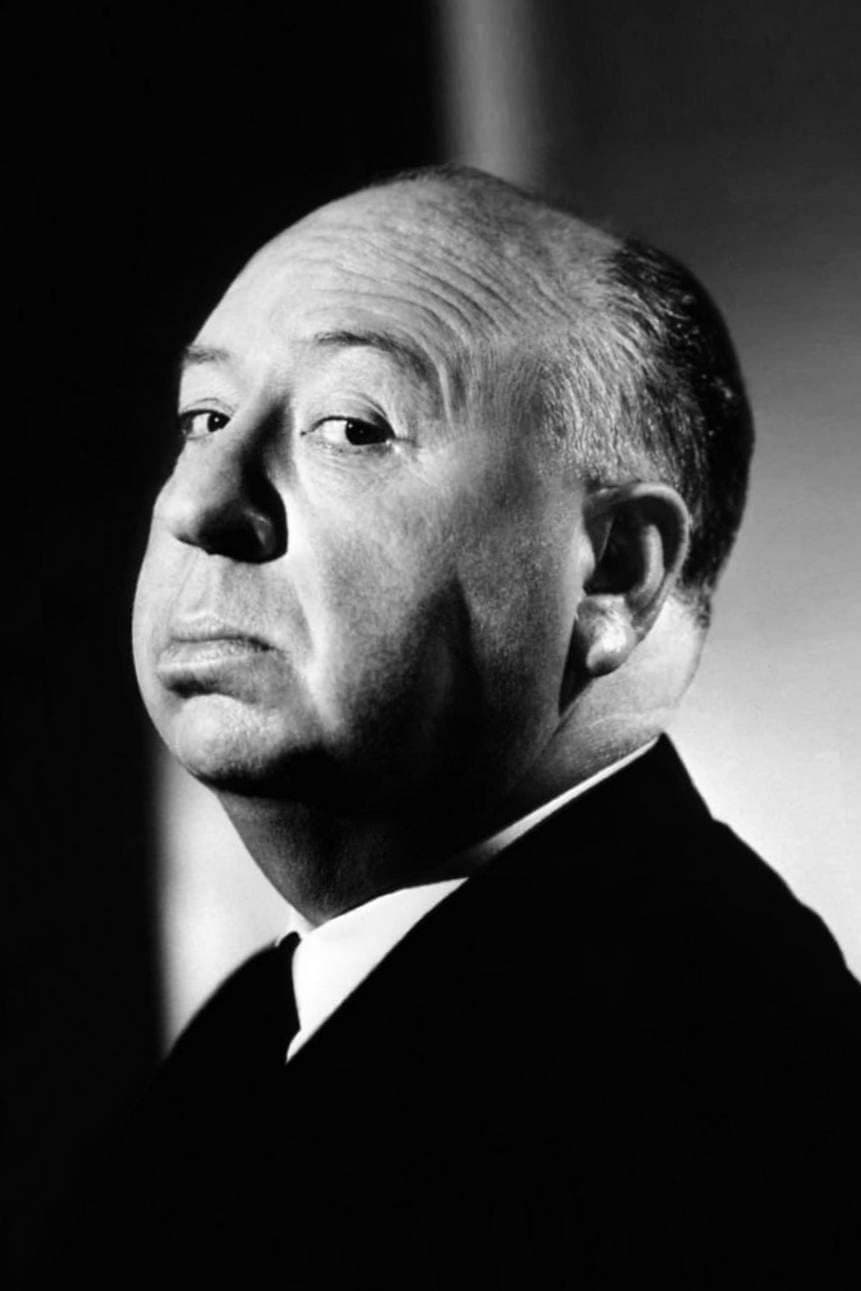
Alfred Hitchcock
Biography
Sir Alfred Joseph Hitchcock (August 13, 1899 – April 29, 1980) was an English film director. He is widely regarded as one of the most influential figures in cinema history. In a career spanning six decades, he directed over 50 feature films, many of which are still widely watched and studied today. Known as the "Master of Suspense", Hitchcock became as well known as any of his actors thanks to his many interviews, cameo appearances in most of his films, and hosting and producing the television anthology Alfred Hitchcock Presents (1955–65). His films garnered 46 Academy Award nominations, including six wins. However, despite five nominations, he never won the Best Director award. Hitchcock initially trained as a technical clerk and copywriter before entering the film industry in 1919 as a title card designer. The British–German silent film The Pleasure Garden (1925) was his directorial debut. His first successful film, The Lodger: A Story of the London Fog (1927), helped to shape the thriller genre, and Blackmail (1929) was the first British "talkie". His thrillers The 39 Steps (1935) and The Lady Vanishes (1938) are ranked among the greatest British films of the 20th century. By 1939, he had international recognition and producer David O. Selznick persuaded him to move to Hollywood. A string of successful films followed, including Rebecca(1940), Foreign Correspondent (1940), Suspicion (1941), Shadow of a Doubt (1943) and Notorious (1946). Rebecca won the Academy Award for Best Picture, with Hitchcock nominated as Best Director. He also received Oscar nominations for Lifeboat (1944), Spellbound (1945), Rear Window (1954) and Psycho (1960). Hitchcock's other notable films include Rope (1948), Strangers on a Train (1951), Dial M for Murder (1954), To Catch a Thief (1955), The Trouble with Harry (1955), Vertigo (1958), North by Northwest (1959), The Birds (1963), Marnie (1964) and Frenzy (1972), all of which were also financially successful and are highly regarded by film historians. Hitchcock made several films with some of the biggest stars in Hollywood, including four with Cary Grant, four with James Stewart, three with Ingrid Bergman and three consecutively with Grace Kelly. Hitchcock became an American citizen in 1955. In 2012, Hitchcock's psychological thriller Vertigo, starring Stewart, displaced Orson Welles' Citizen Kane (1941) as the British Film Institute's greatest film ever made based on its worldwide poll of hundreds of film critics. As of 2021, nine of his films had been selected for preservation in the United States National Film Registry, including his favourite, Shadow of a Doubt (1943). He received the BAFTA Fellowship in 1971, the AFI Life Achievement Award in 1979, and was knighted in December of that year, four months before his death on 29 April 1980.
Filmography

Becoming Hitchcock: The Legacy of Blackmail

Hitchcock's Pro-Nazi Film?
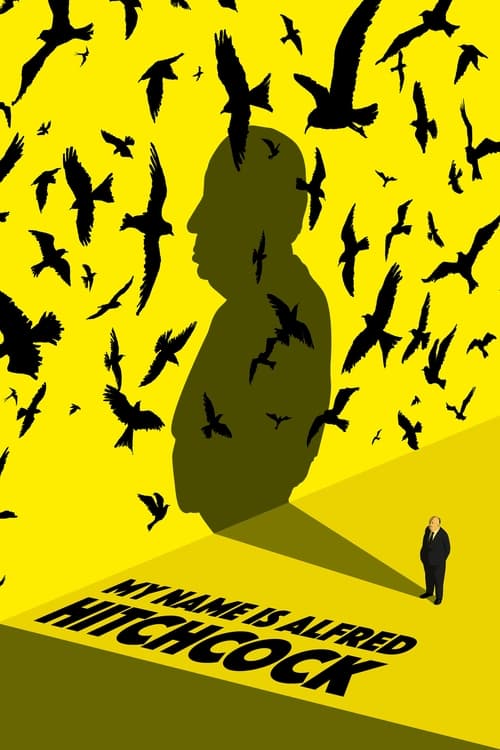
My Name Is Alfred Hitchcock
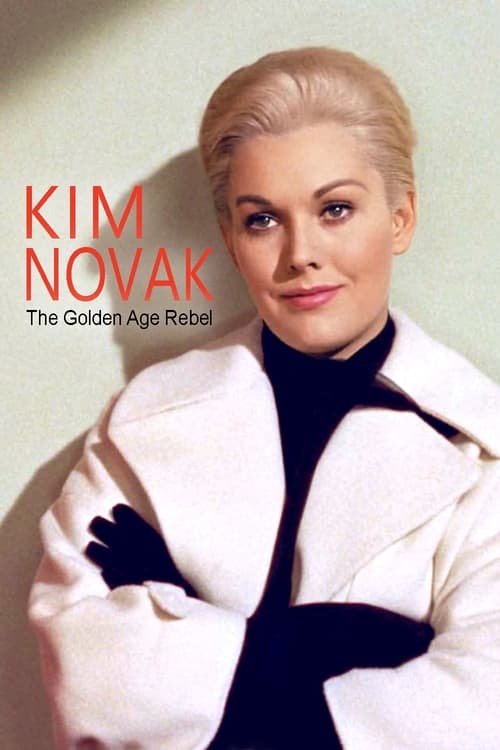
Kim Novak: Hollywood's Golden Age Rebel

Grace Kelly – Hollywoods tragische Prinzessin
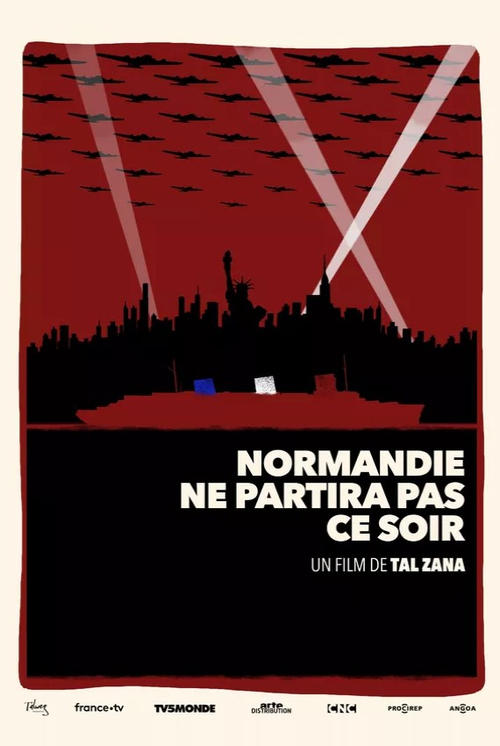
Normandie ne partira pas ce soir
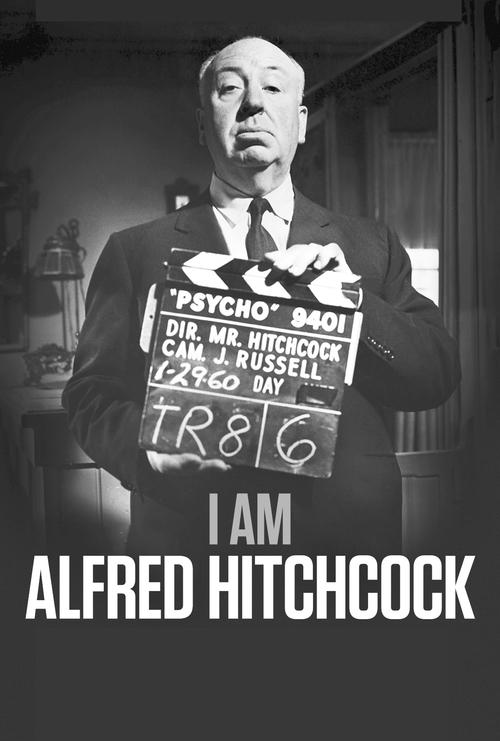
I Am Alfred Hitchcock
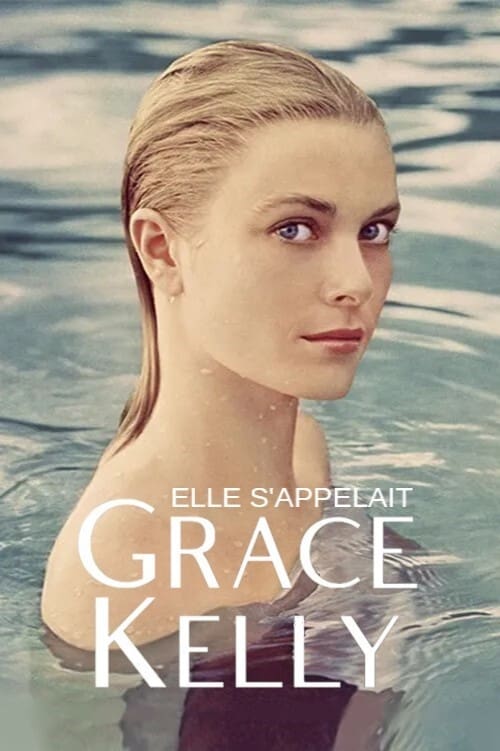
Her Name Was Grace Kelly
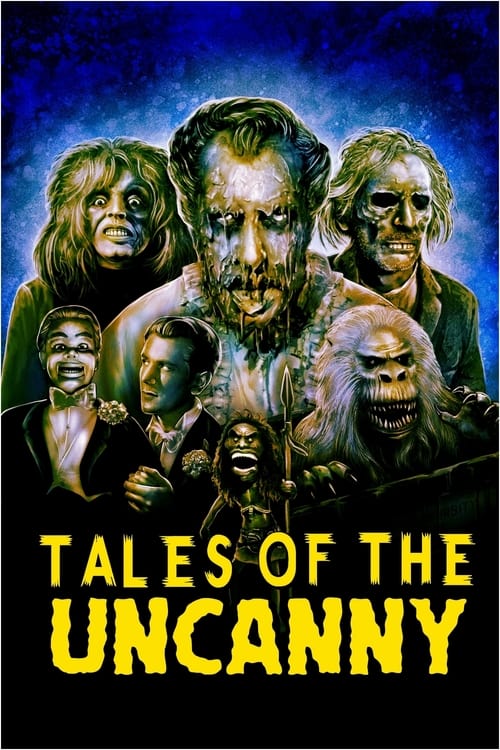
Tales of the Uncanny

When Hitchcock met O'Casey
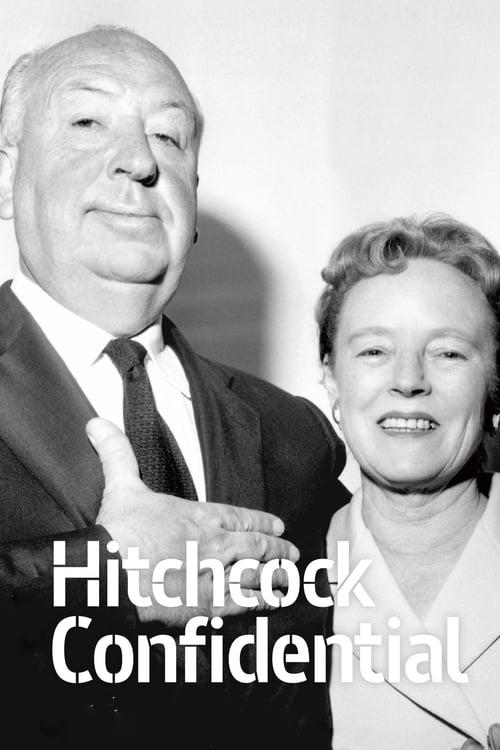
Hitchcock Confidential

Black Baby
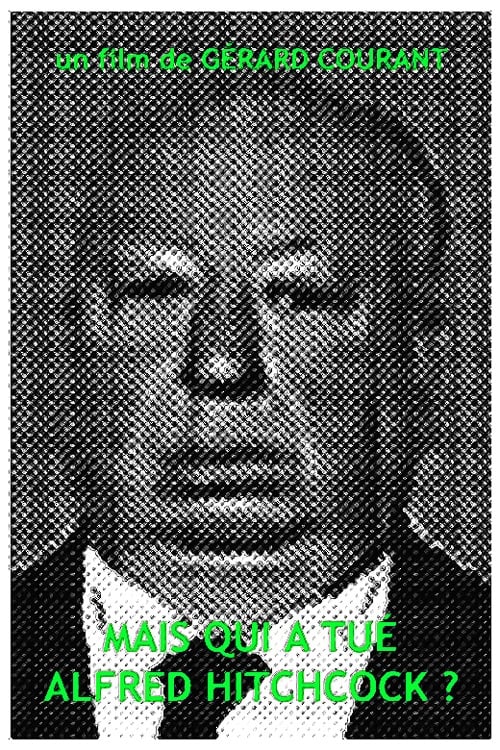
Mais qui a tué Alfred Hitchcock?
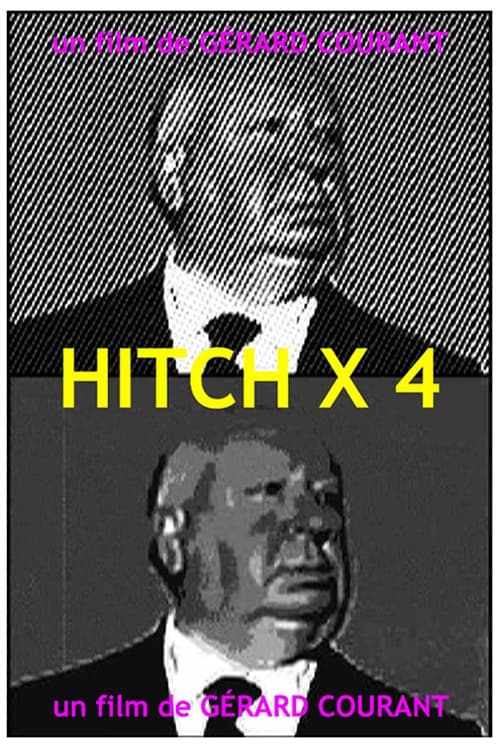
Hitch x 4

Dark Glamour: The Blood and Guts of Hammer Productions
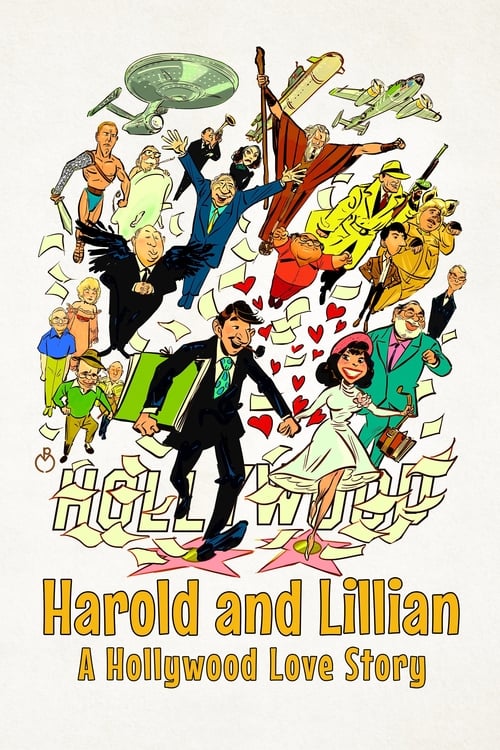
Harold and Lillian: A Hollywood Love Story
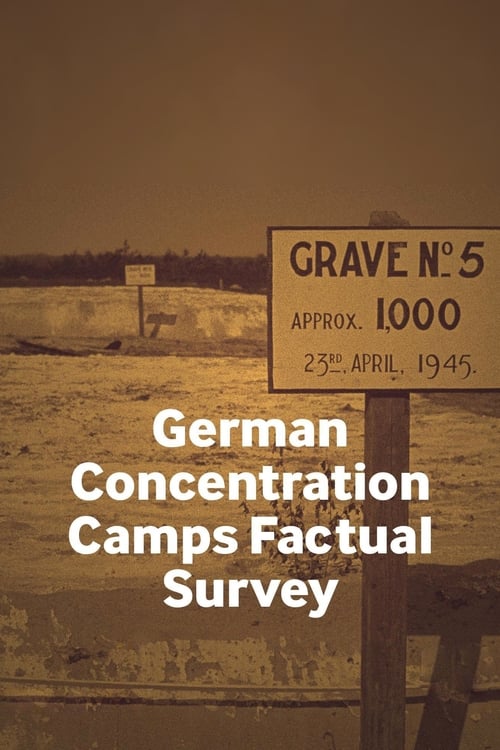
German Concentration Camps Factual Survey

Documenting John Grierson
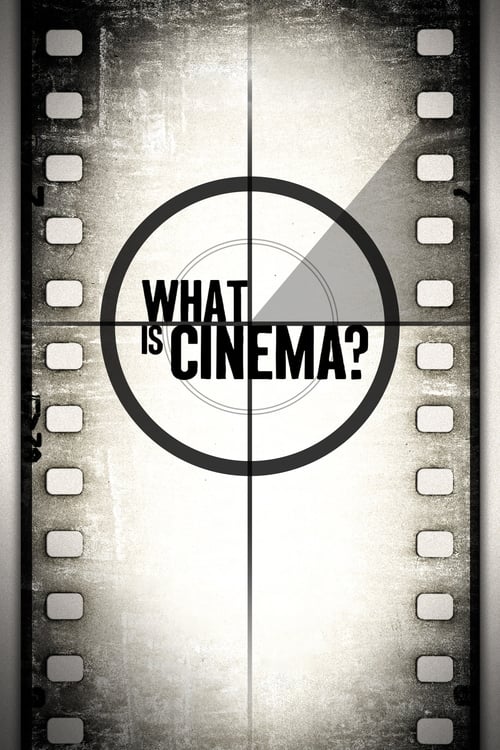
What Is Cinema?
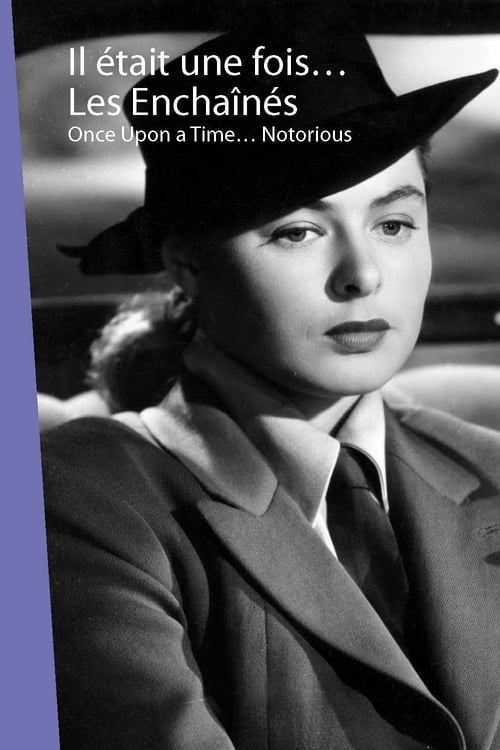
Once Upon a Time... 'Notorious'
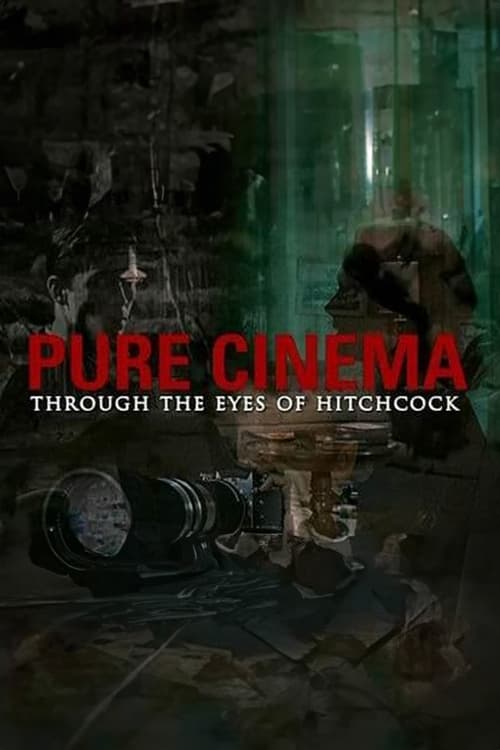
Pure Cinema: Through the Eyes of Hitchcock
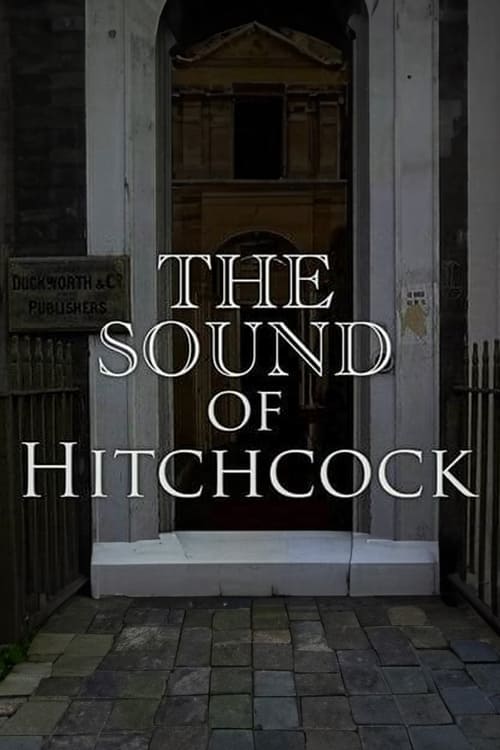
Breaking Barriers: The Sound of Hitchcock

In the Master's Shadow: Hitchcock's Legacy

Partners in Crime: Hitchcock's Collaborators
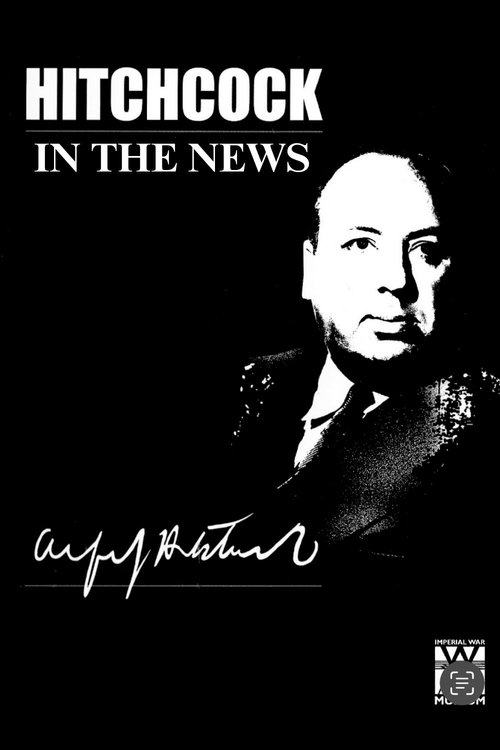
Hitchcock in the News

The Pervert's Guide to Cinema
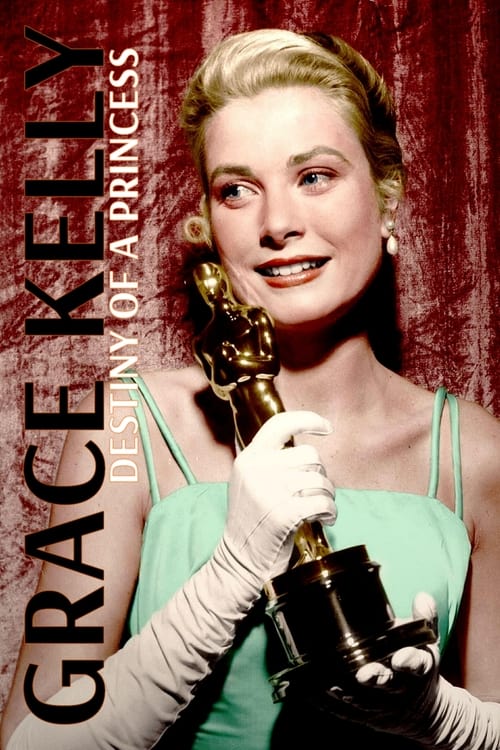
Grace Kelly: Destiny of a Princess
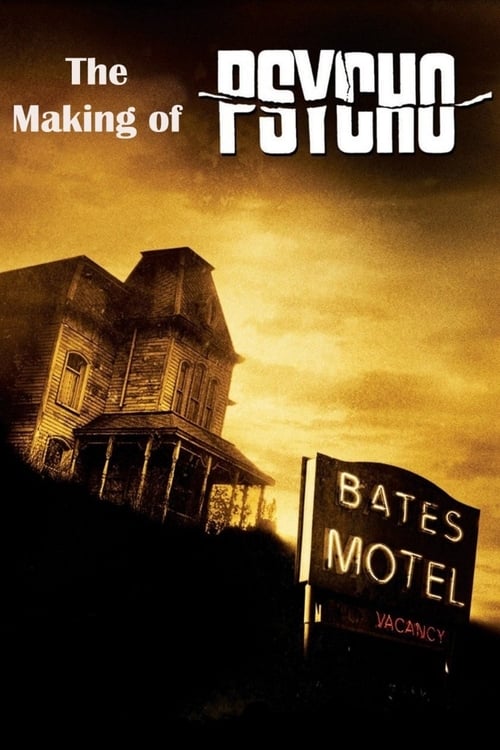
The Making of 'Psycho'
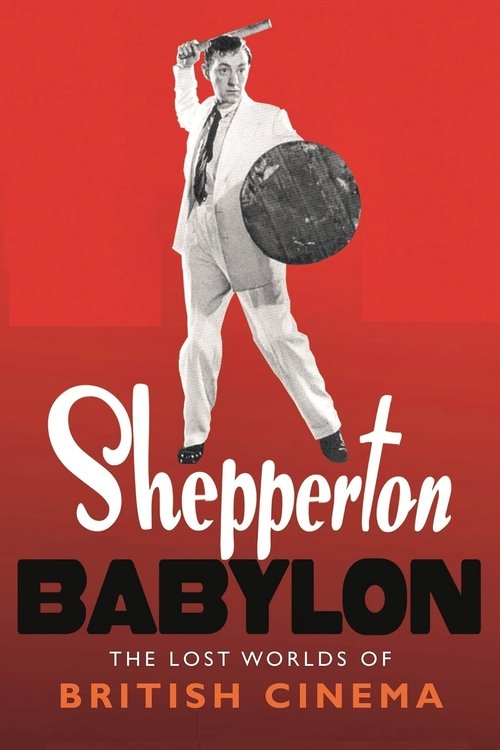
Shepperton Babylon
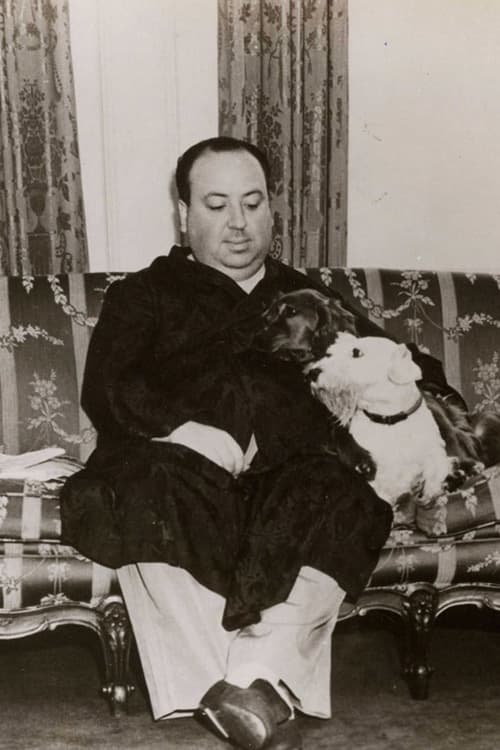
Alfred Hitchcock: The Early Years
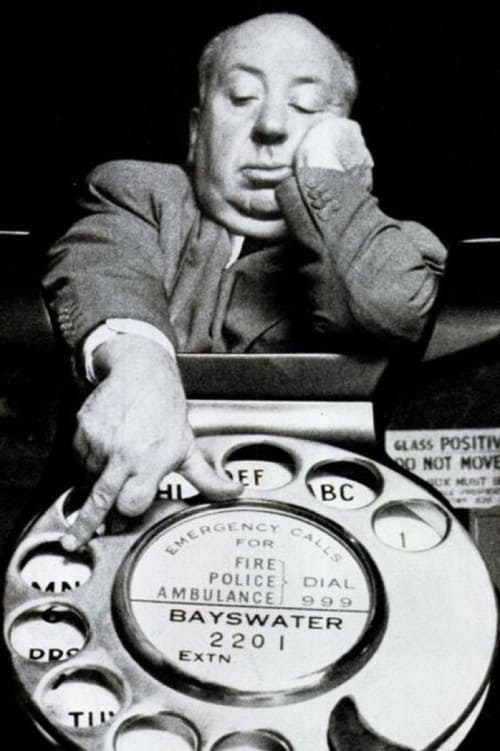
Hitchcock and Dial M
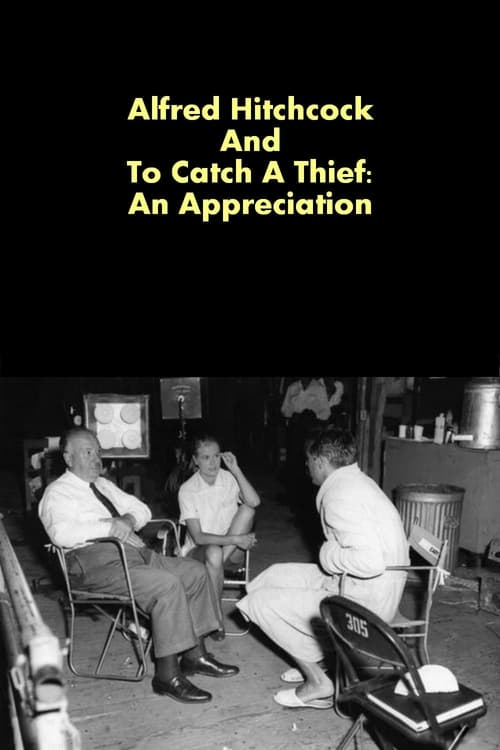
Alfred Hitchcock And To Catch A Thief: An Appreciation
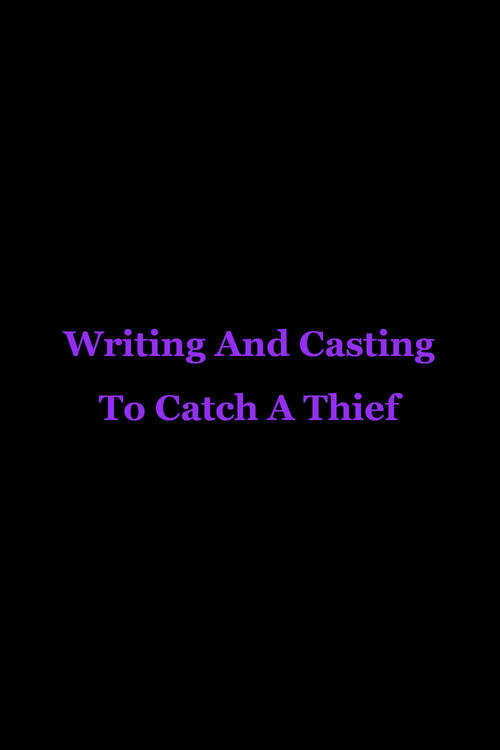
Writing And Casting To Catch A Thief

Reel Radicals: The Sixties Revolution in Film
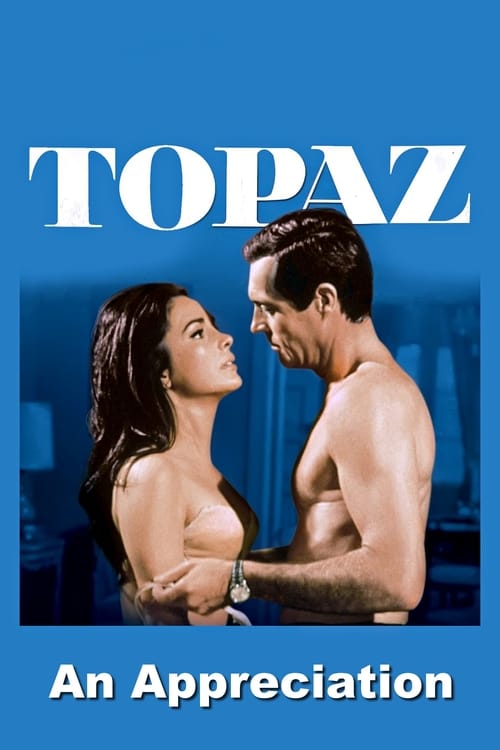
Topaz: An Appreciation by Film Critic/Historian Leonard Maltin
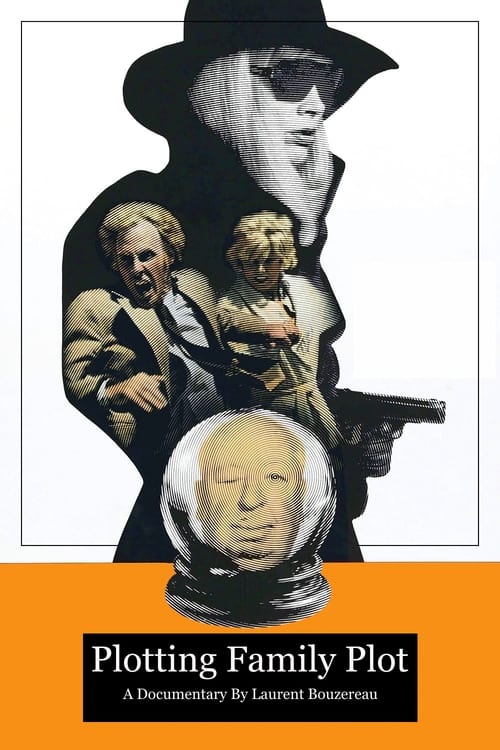
Plotting 'Family Plot'
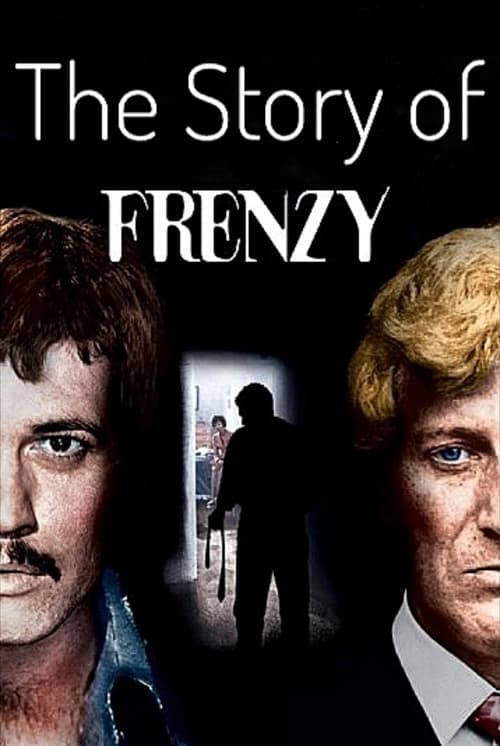
The Story of 'Frenzy'
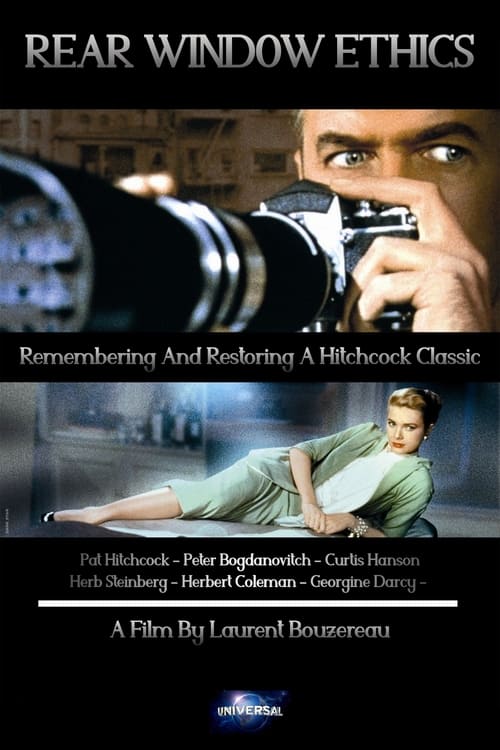
'Rear Window' Ethics: Remembering and Restoring a Hitchcock Classic
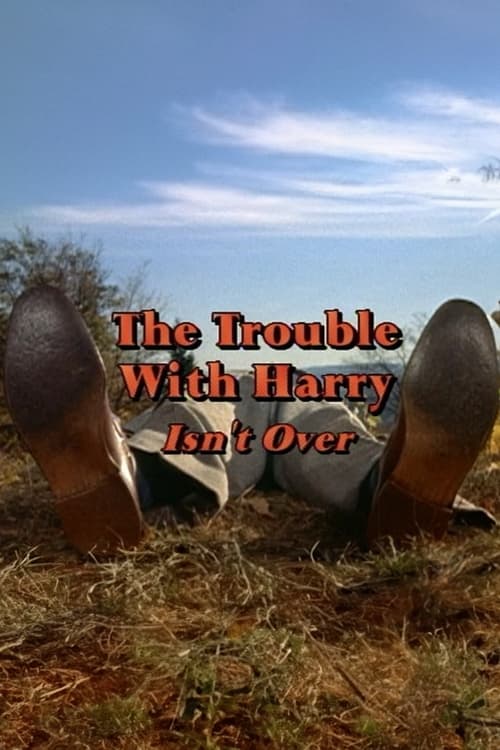
'The Trouble with Harry' Isn't Over
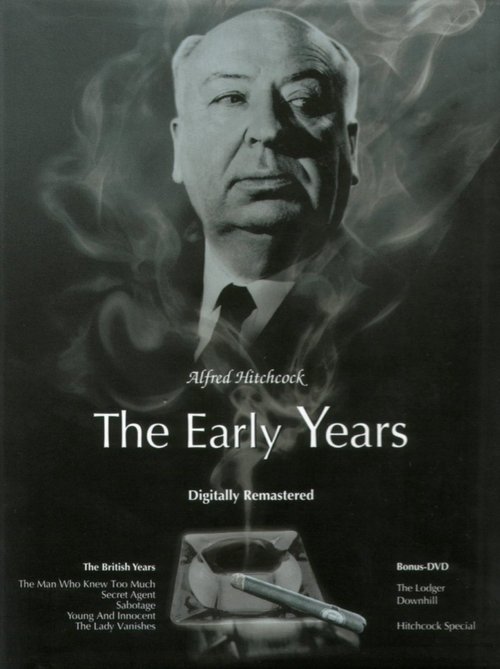
A Profile of Hitchcock: The Early Years
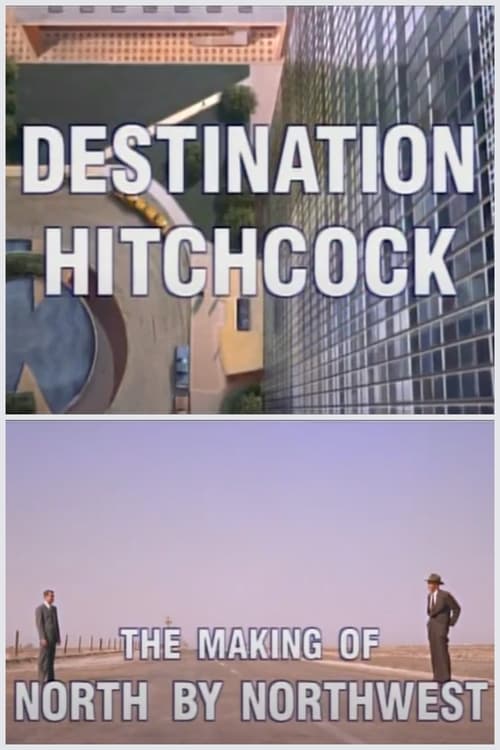
Destination Hitchcock: The Making of 'North by Northwest'
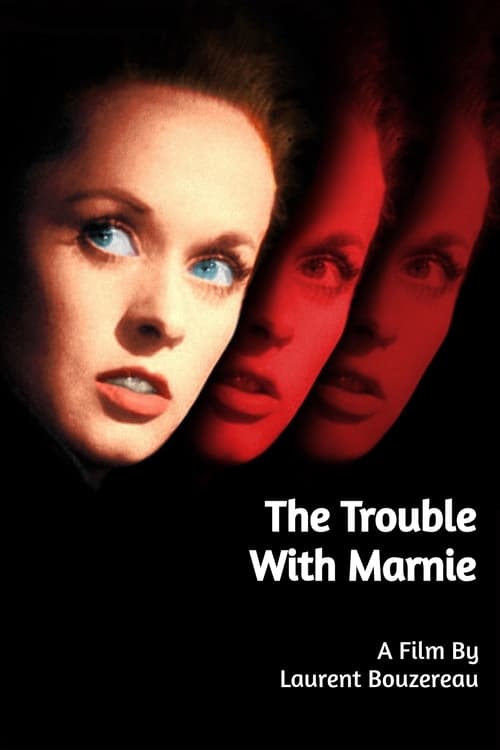
The Trouble with 'Marnie'
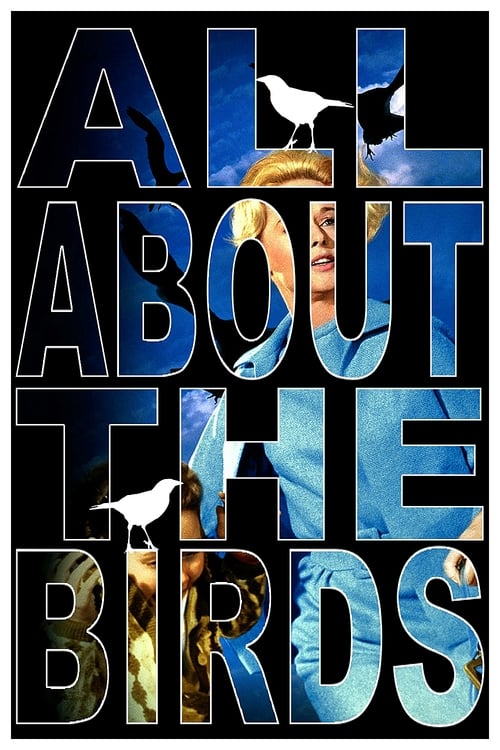
All About 'The Birds'
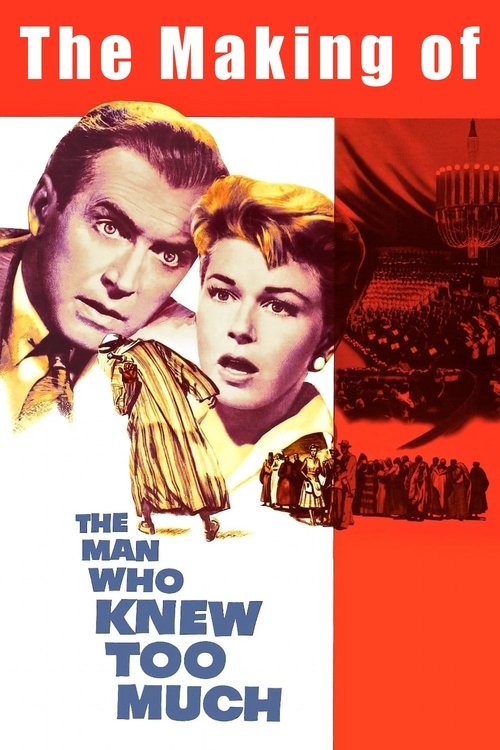
The Making of 'The Man Who Knew Too Much'
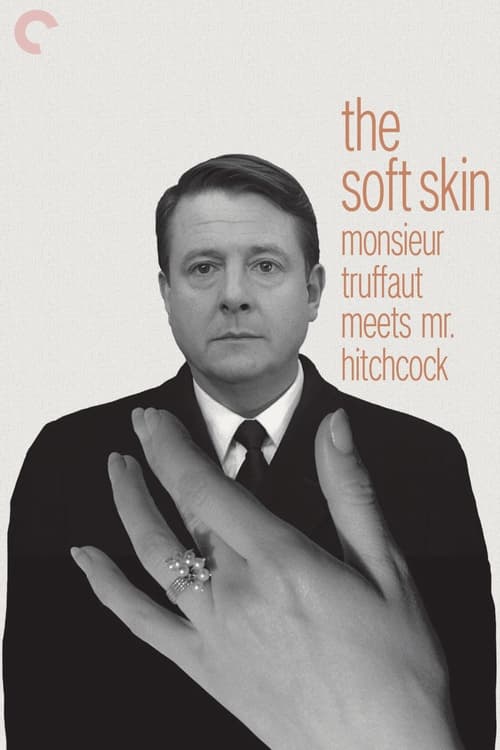
Monsieur Truffaut Meets Mr. Hitchcock

Hitchcock, Selznick and the End of Hollywood
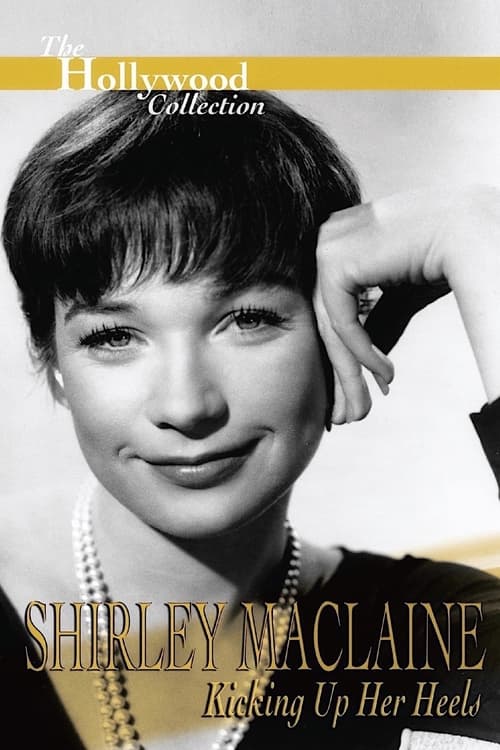
Shirley Maclaine: Kicking Up Her Heels
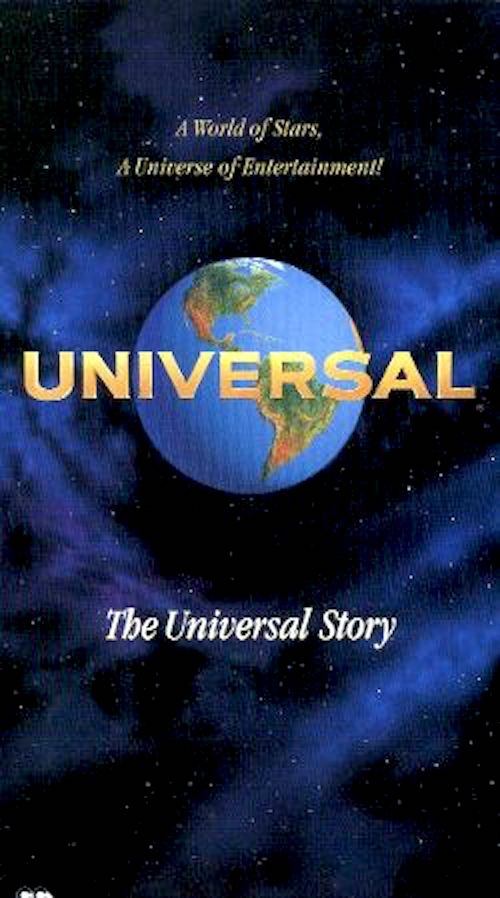
The Universal Story

Ingrid Bergman Remembered

Hitchcock: Alfred the Great

Innocent Blood
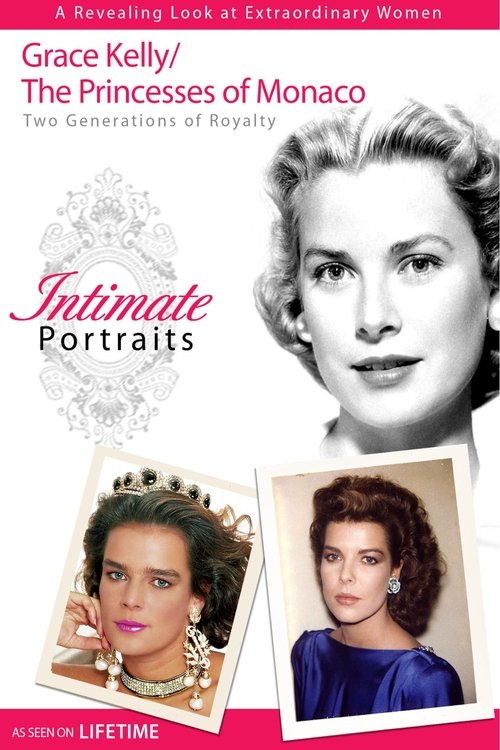
Intimate Portrait: Grace Kelly
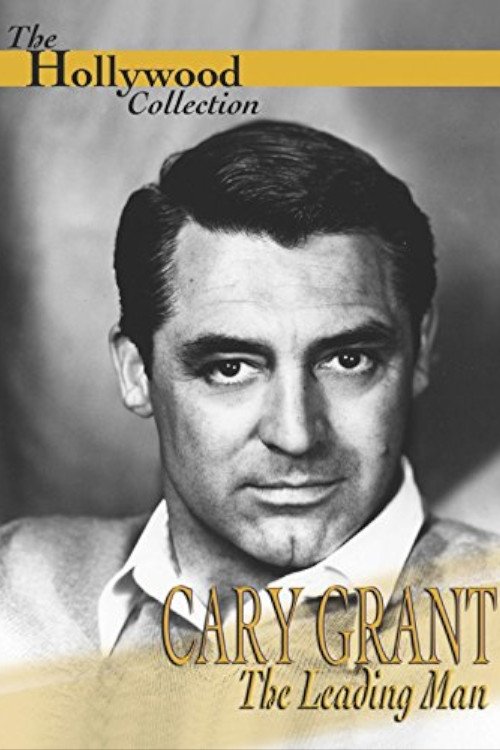
Cary Grant: A Celebration of a Leading Man
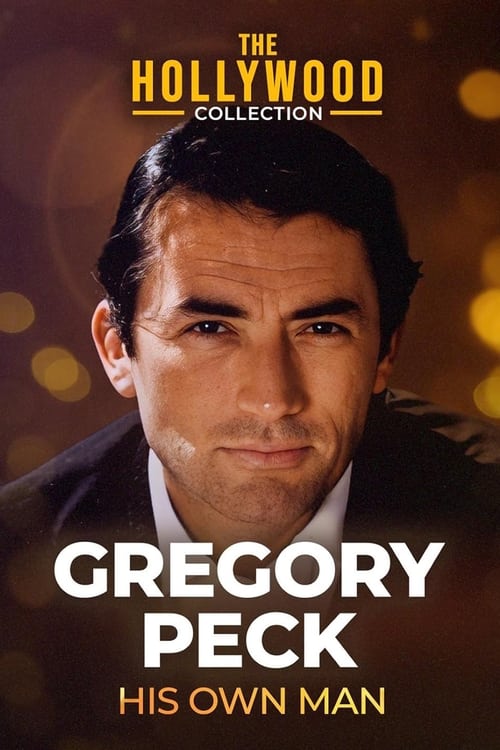
Gregory Peck: His Own Man
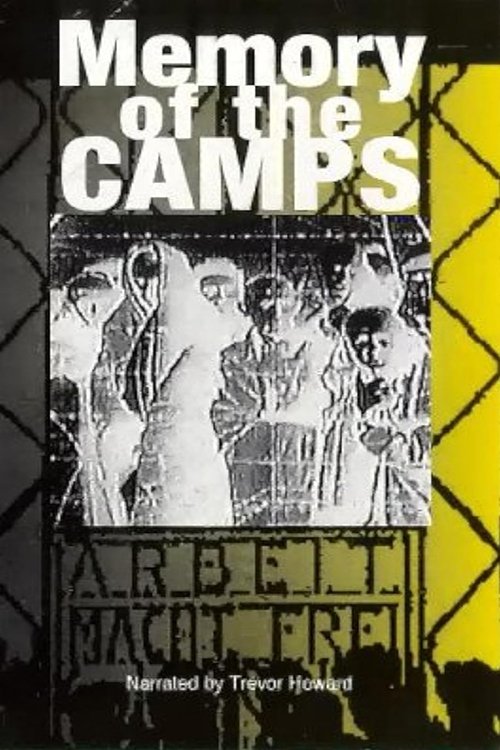
Memory of the Camps

Terror in the Aisles
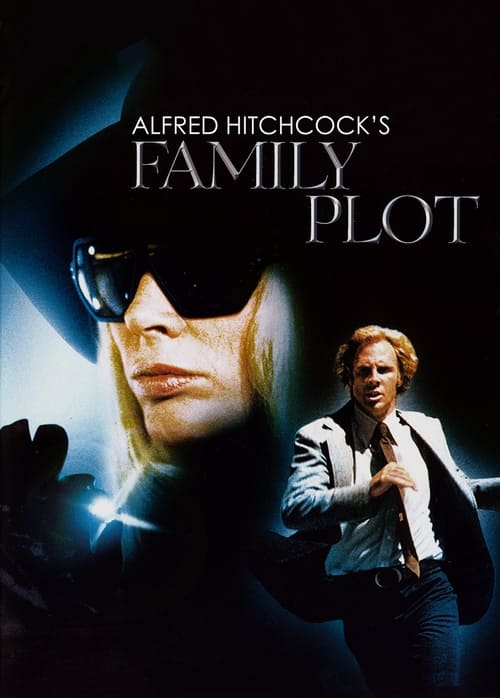
Family Plot
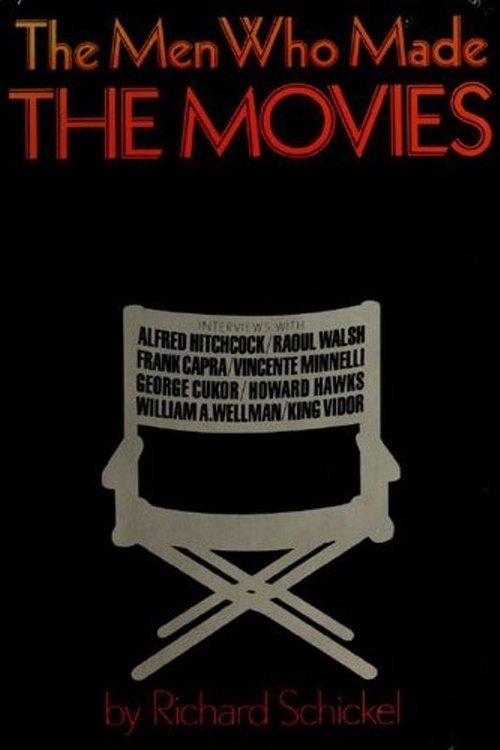
The Men Who Made the Movies: Alfred Hitchcock
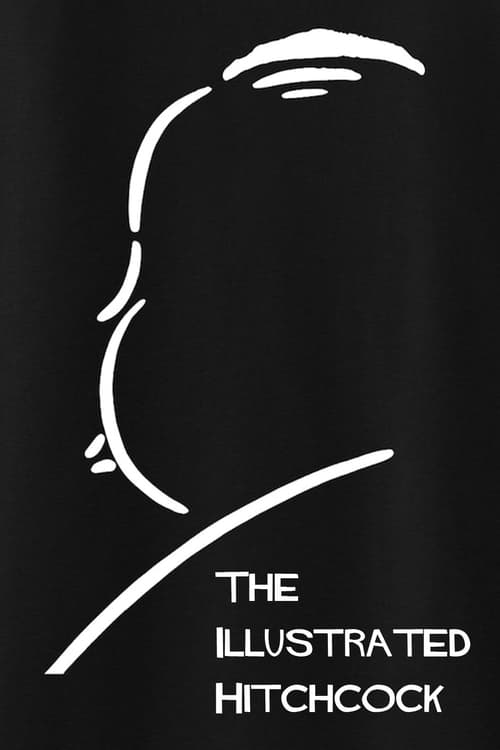
The Illustrated Hitchcock
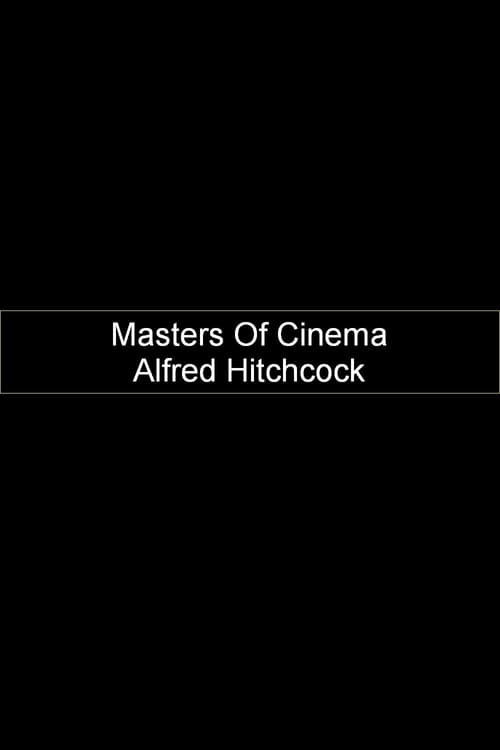
Masters Of Cinema - Alfred Hitchcock
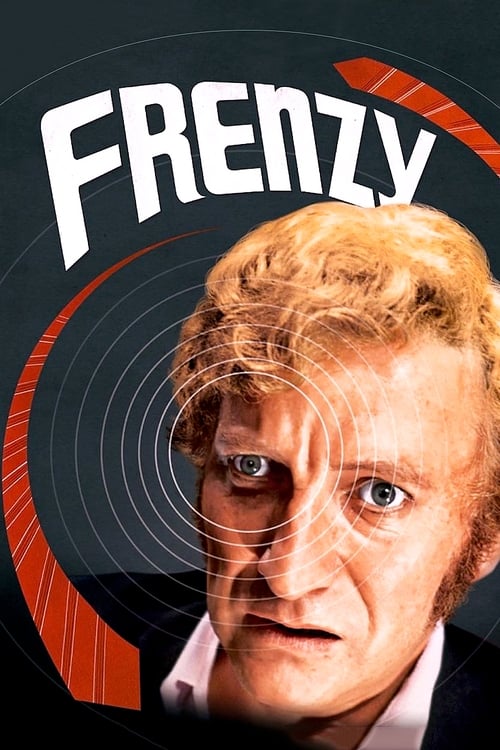
Frenzy

Hitchcock at the N.F.T.
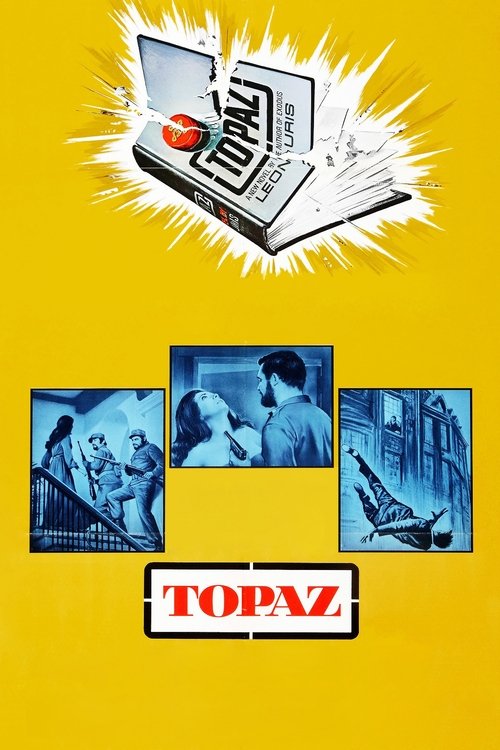
Topaz
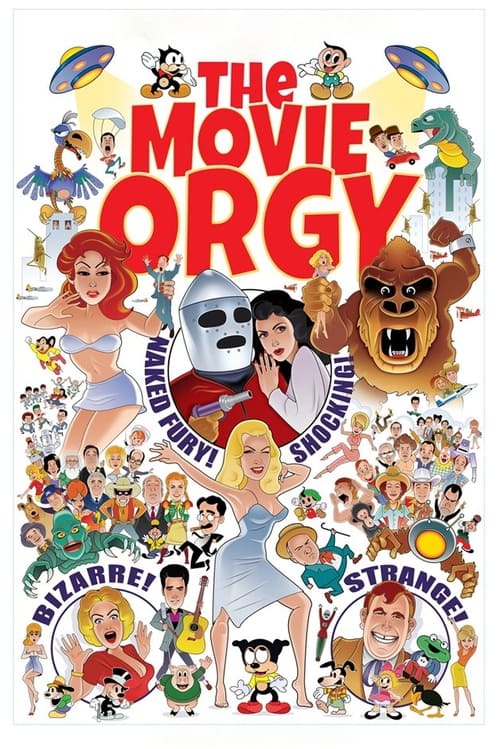
The Movie Orgy
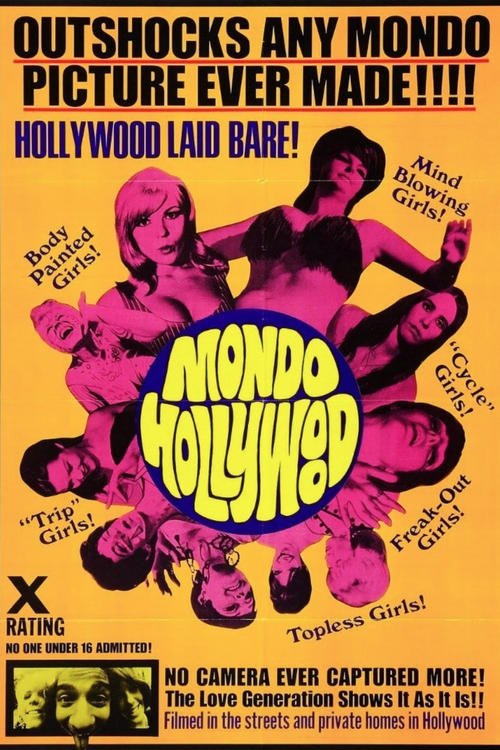
Mondo Hollywood
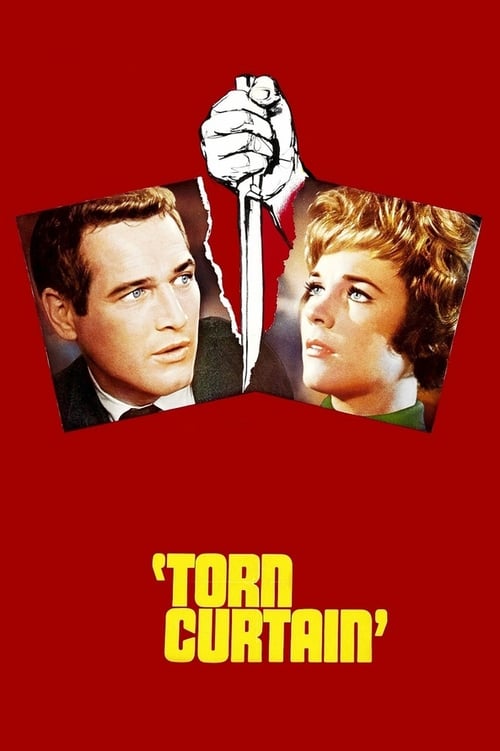
Torn Curtain
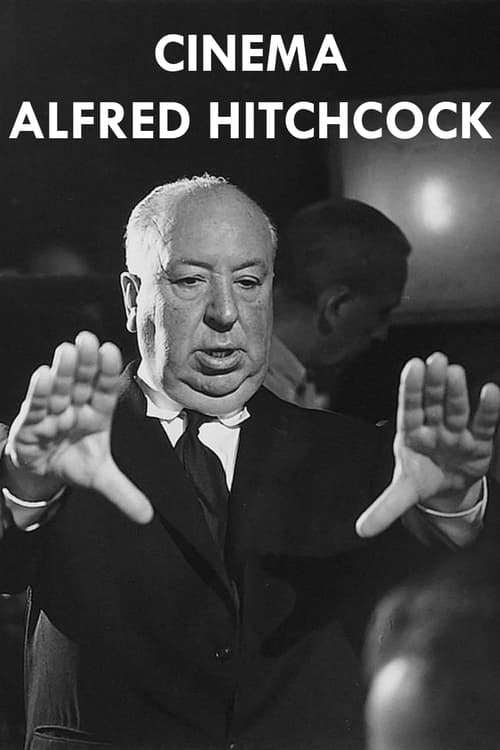
Cinema: Alfred Hitchcock
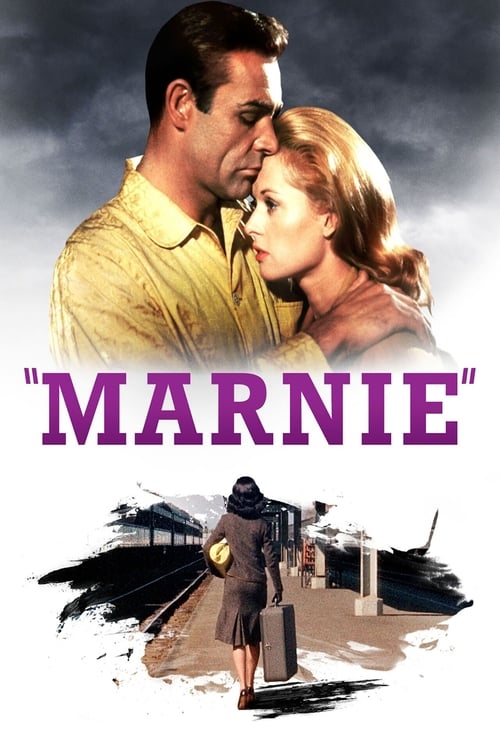
Marnie
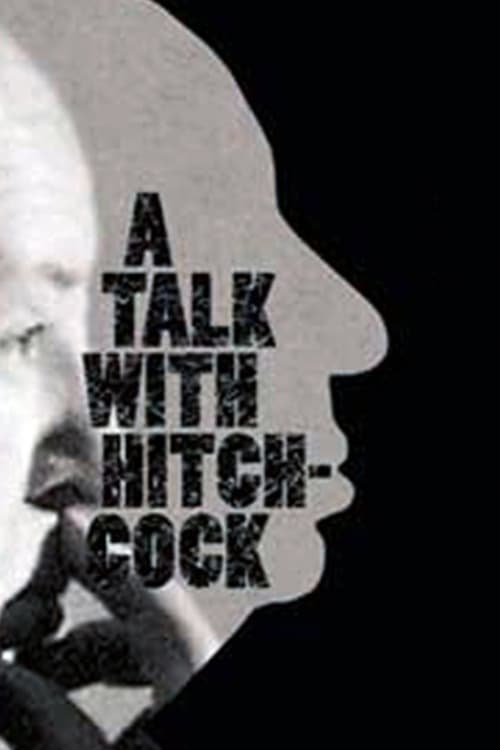
A Talk with Hitchcock
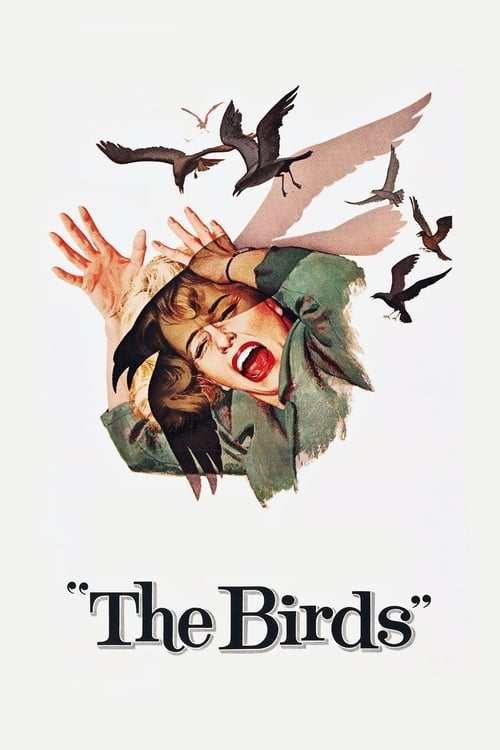
The Birds
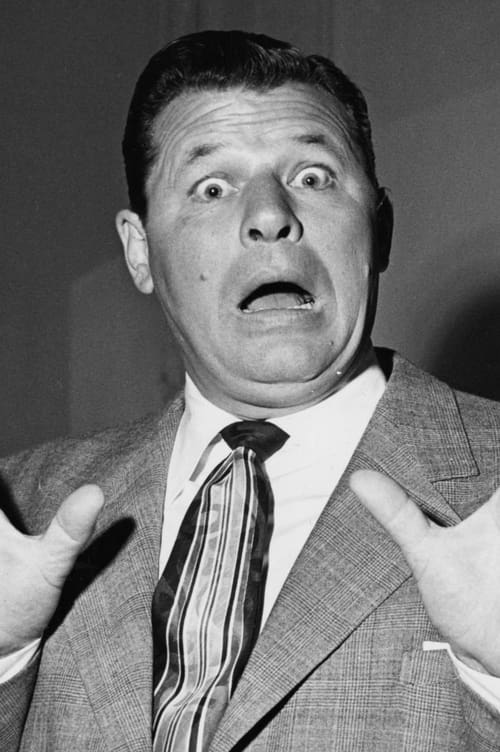
The Children of Alda Nuova
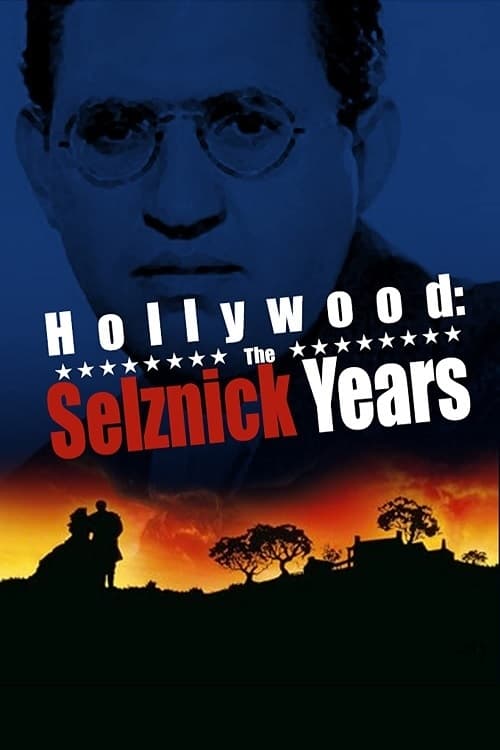
Hollywood: The Selznick Years
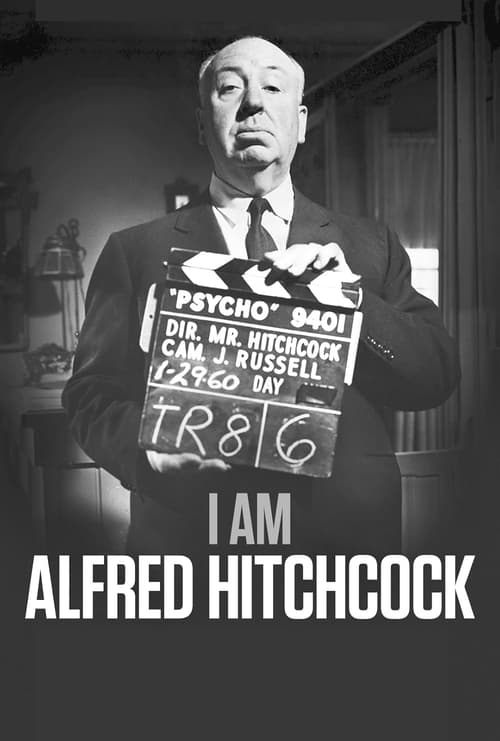
The Man Who Found the Money

Psycho
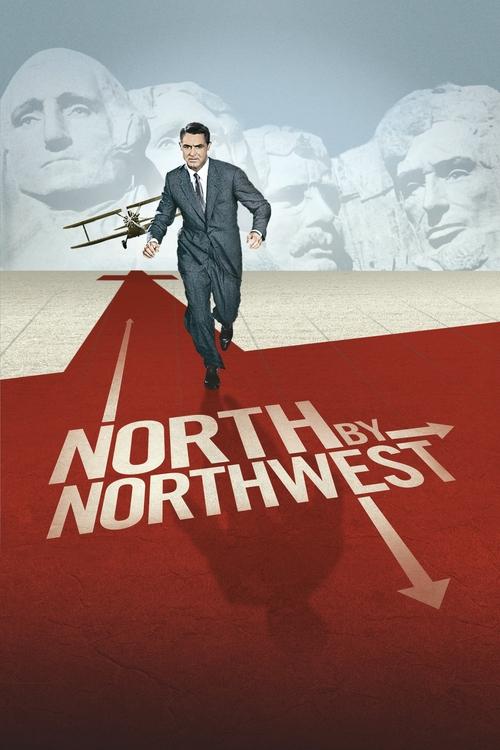
North by Northwest
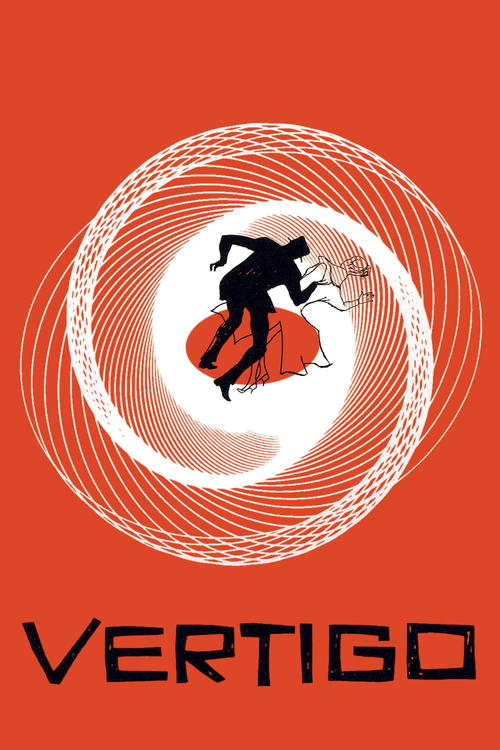
Vertigo
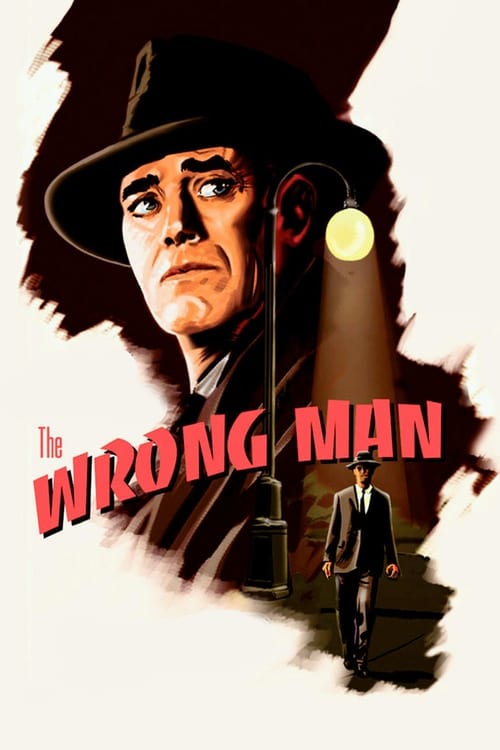
The Wrong Man
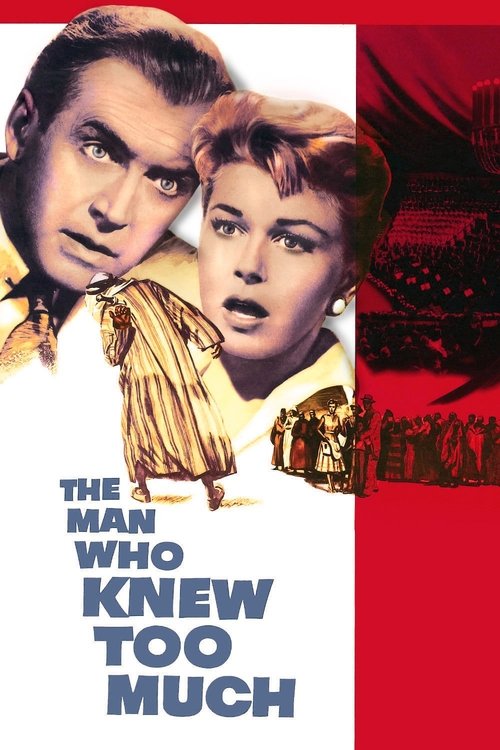
The Man Who Knew Too Much
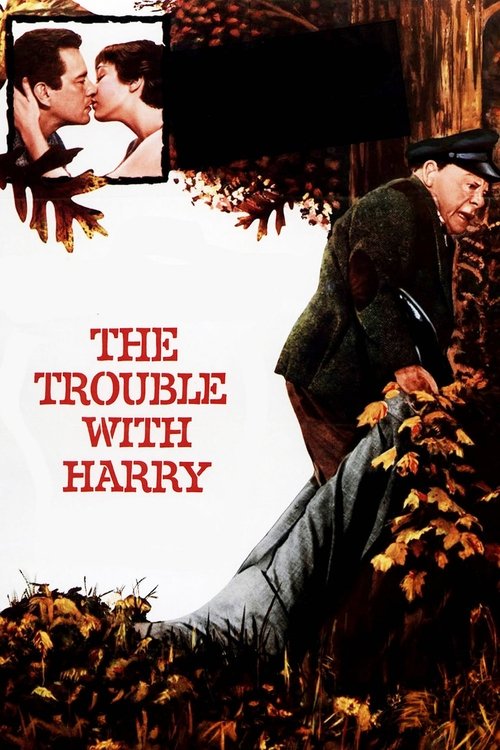
The Trouble with Harry
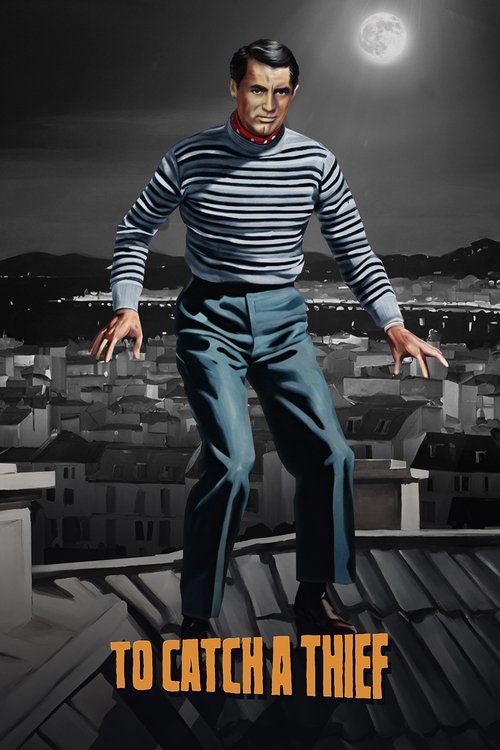
To Catch a Thief
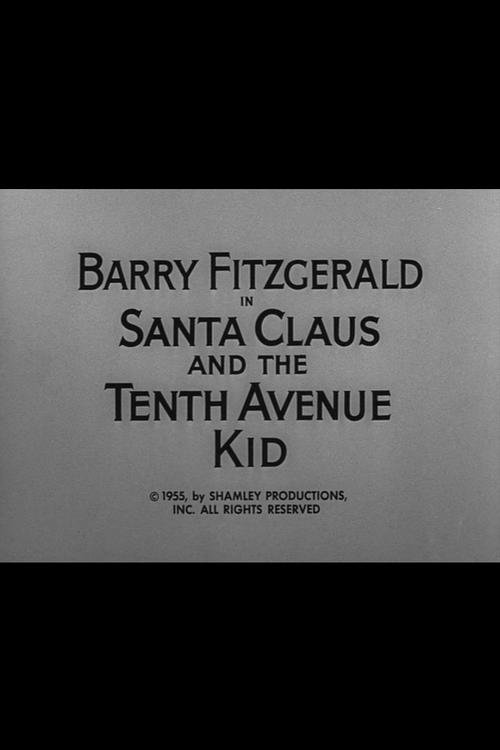
Santa Claus and the Tenth Avenue Kid
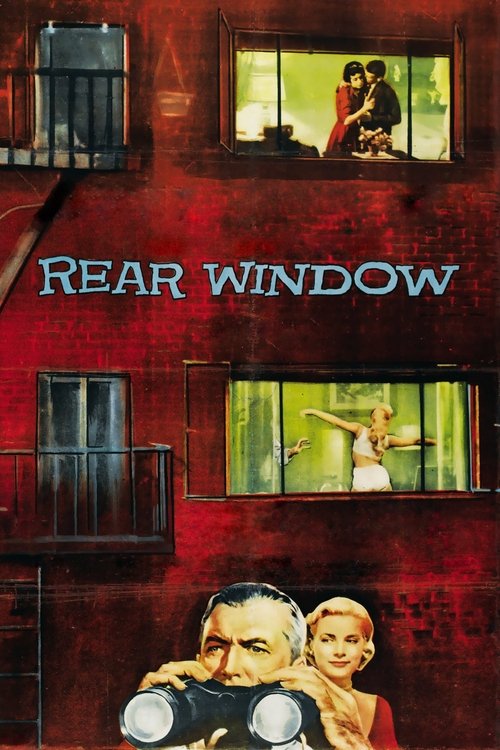
Rear Window
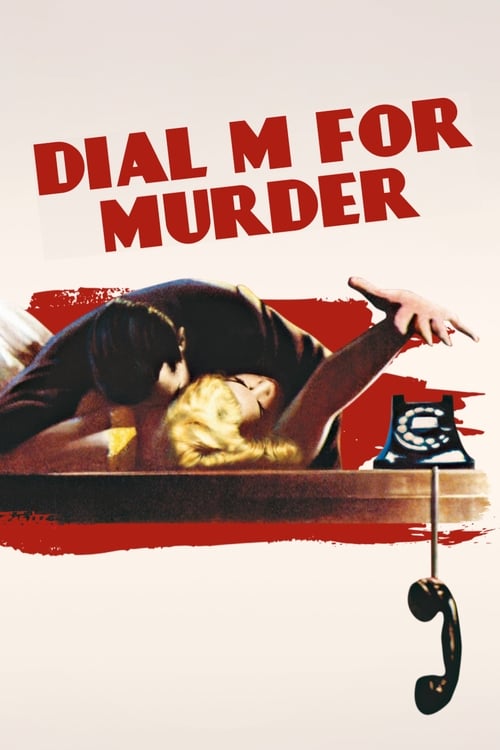
Dial M for Murder
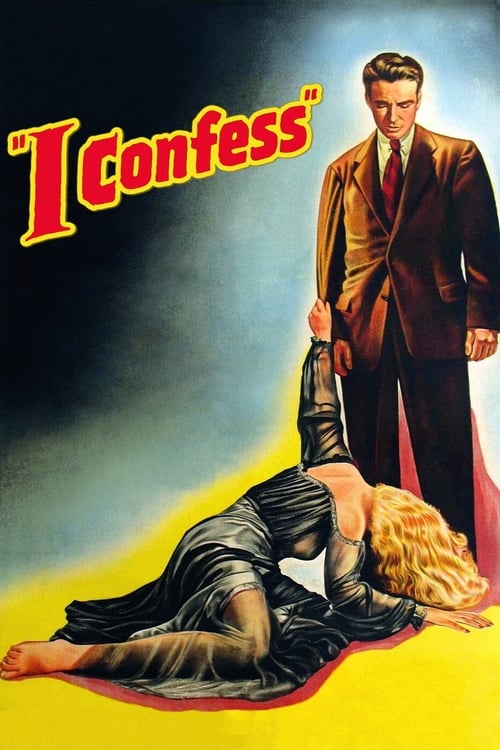
I Confess

Strangers on a Train
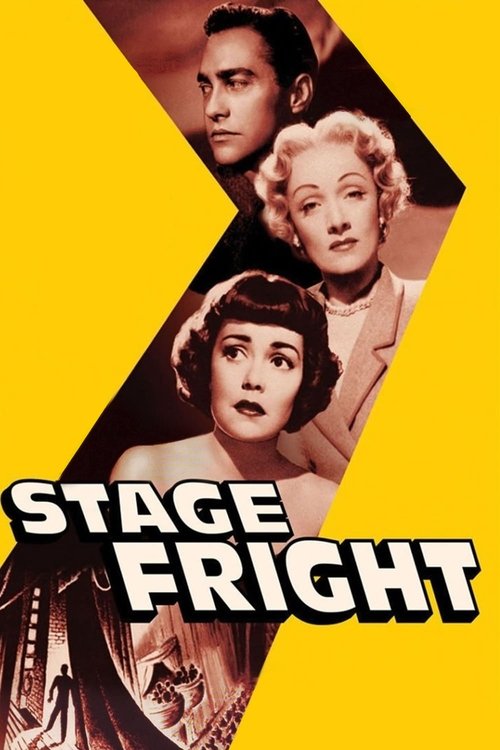
Stage Fright
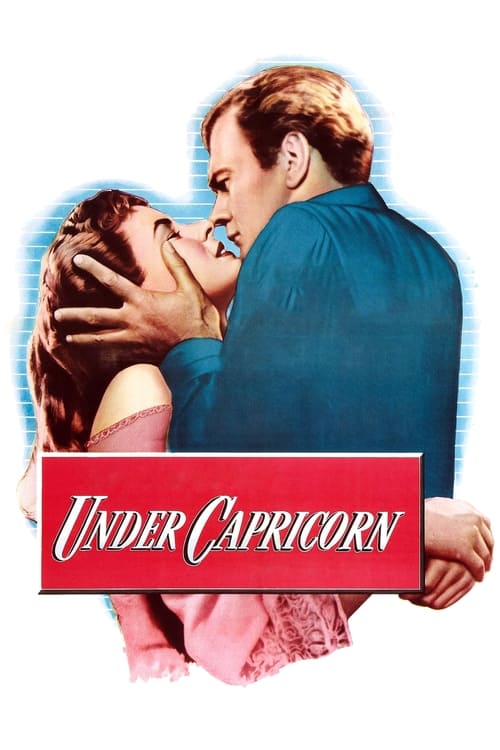
Under Capricorn
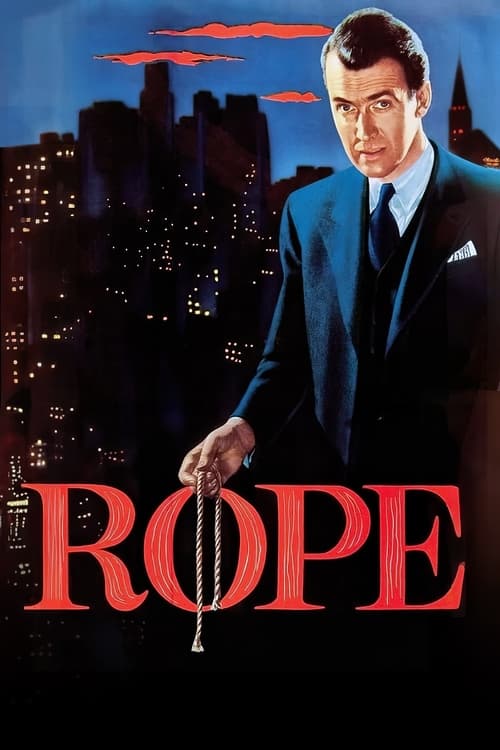
Rope

Notorious
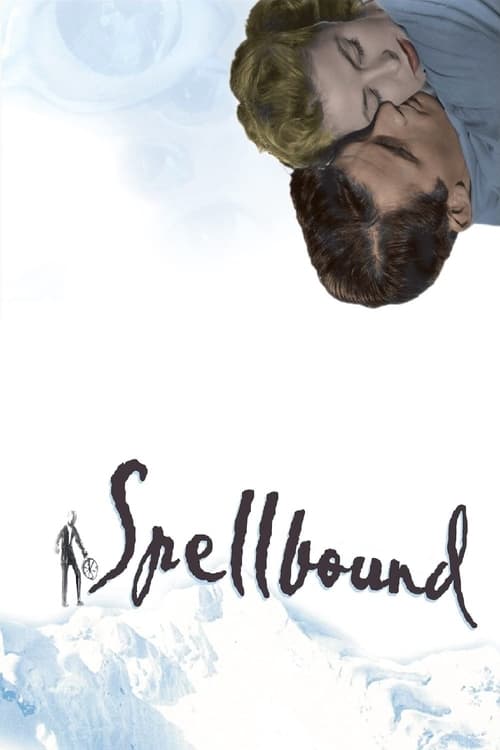
Spellbound
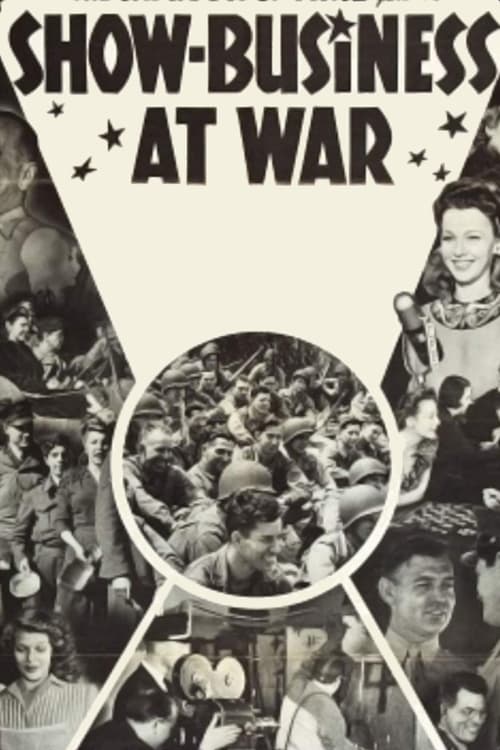
Show-Business at War
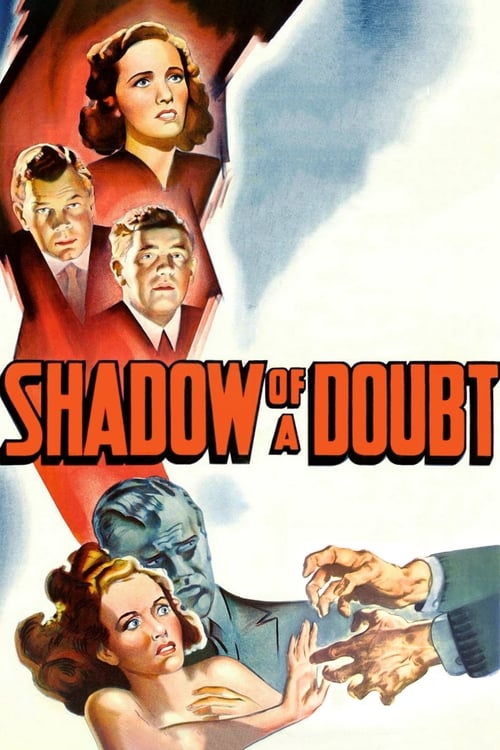
Shadow of a Doubt
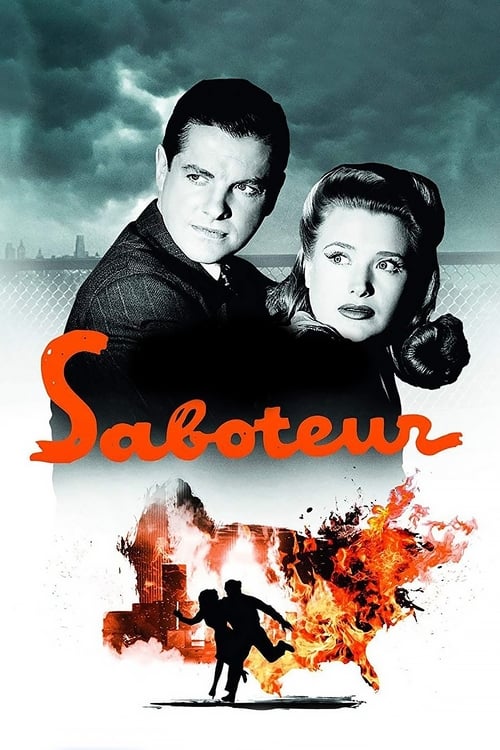
Saboteur
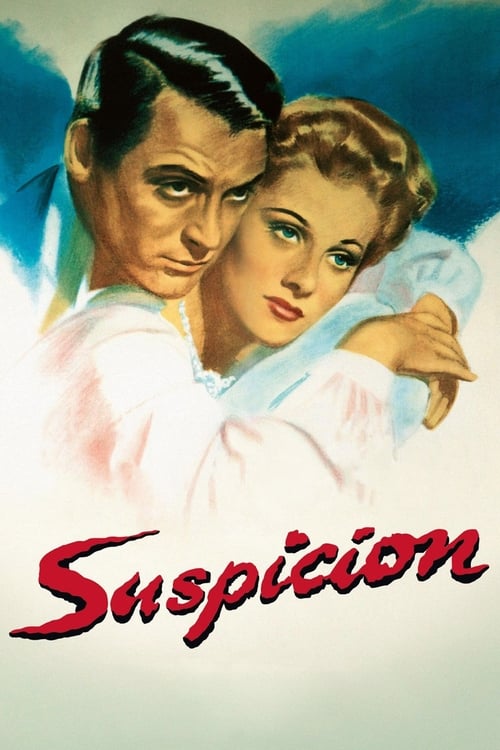
Suspicion
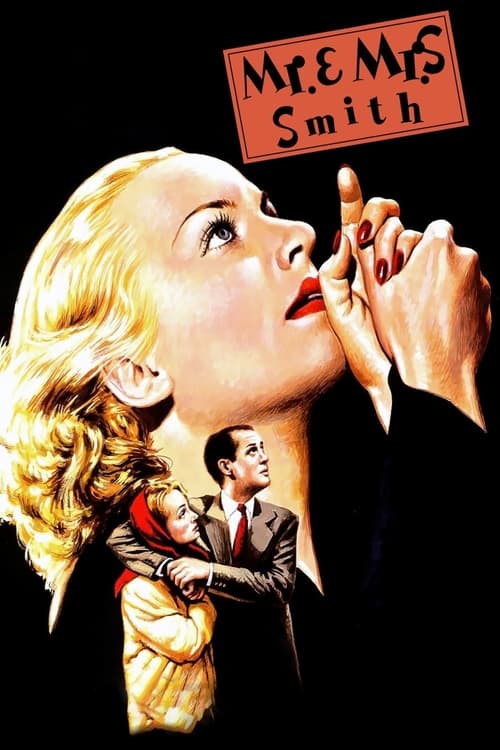
Mr. & Mrs. Smith
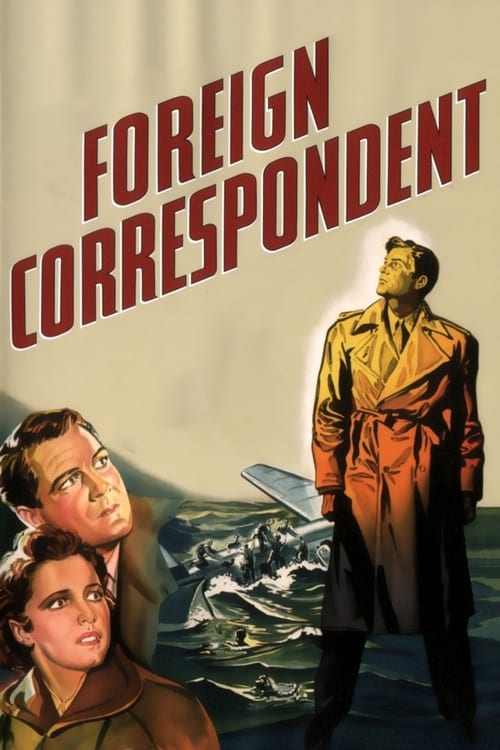
Foreign Correspondent

Rebecca
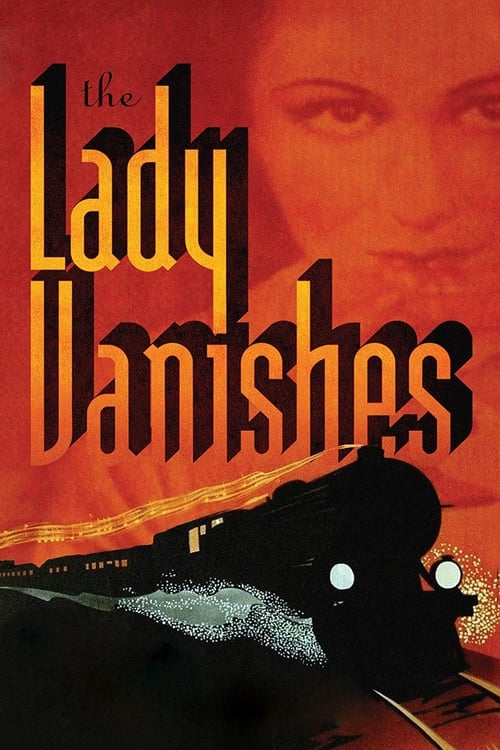
The Lady Vanishes
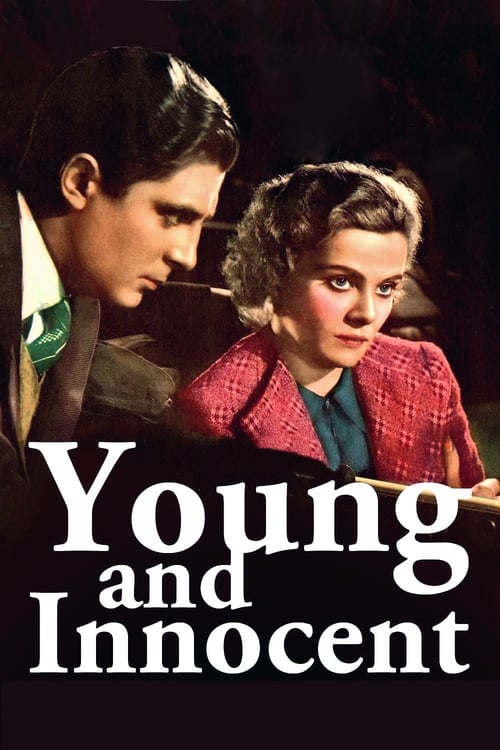
Young and Innocent
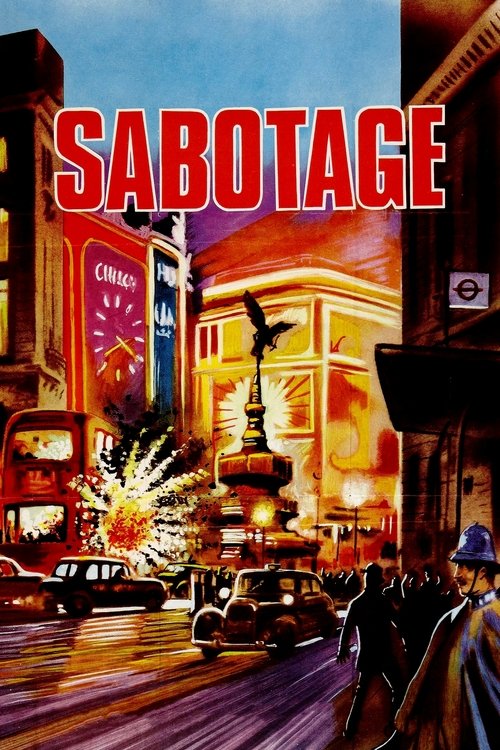
Sabotage
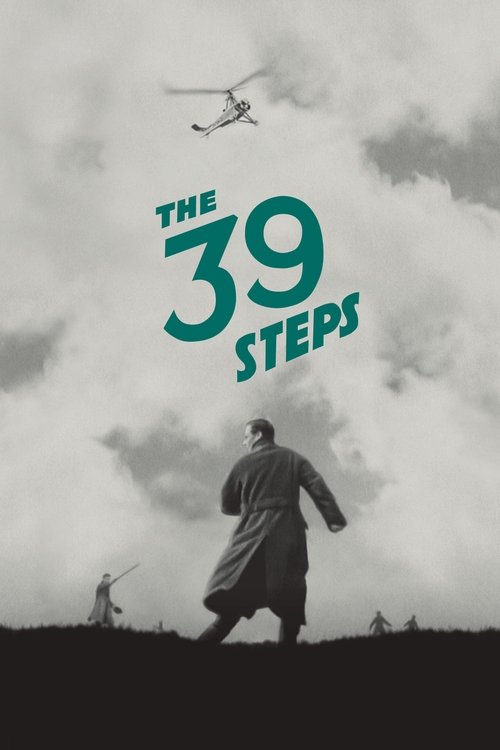
The 39 Steps
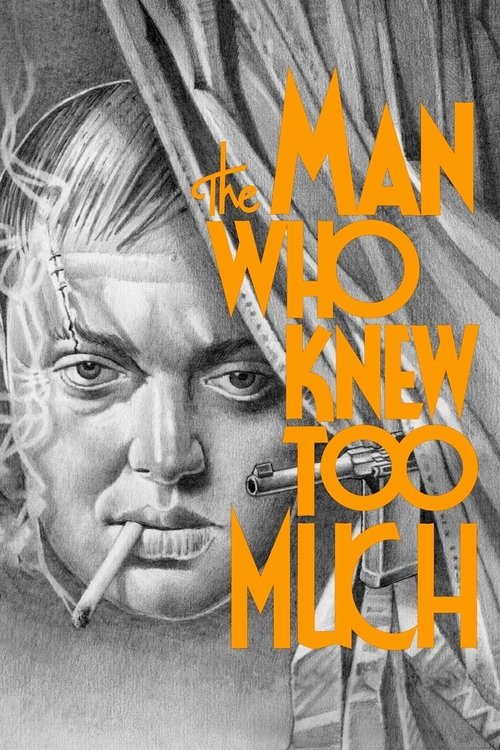
The Man Who Knew Too Much

Murder!

Blackmail
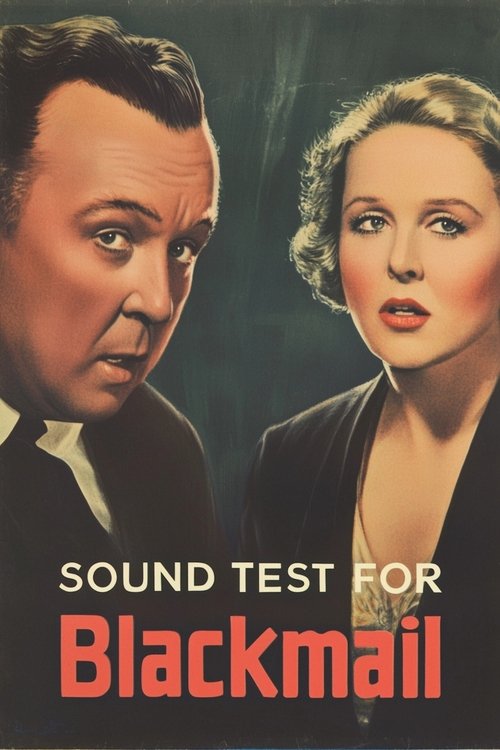
Sound Test for Blackmail
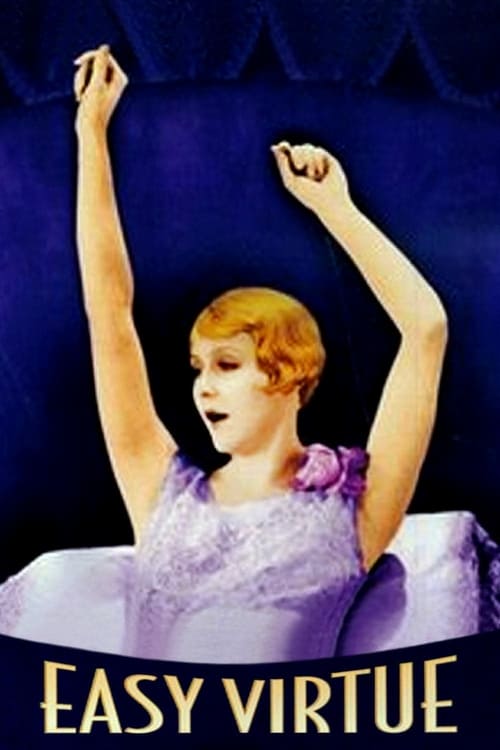
Easy Virtue
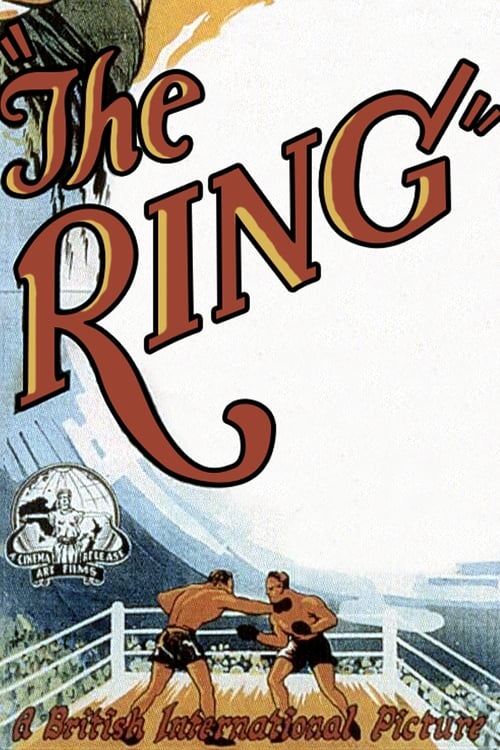
The Ring
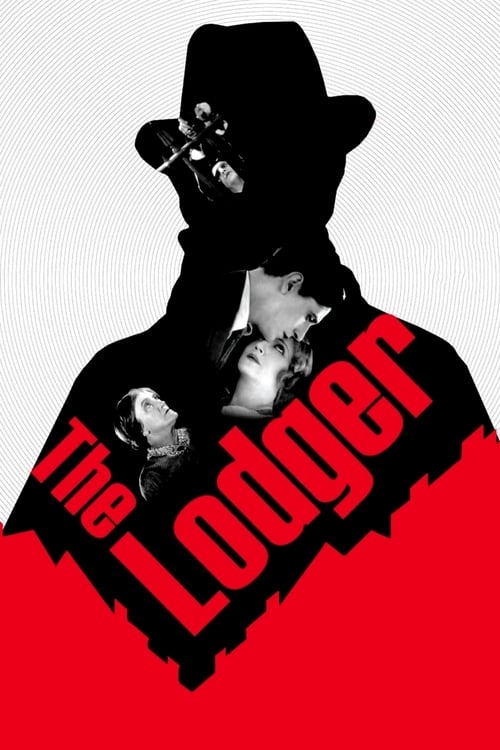
The Lodger: A Story of the London Fog
